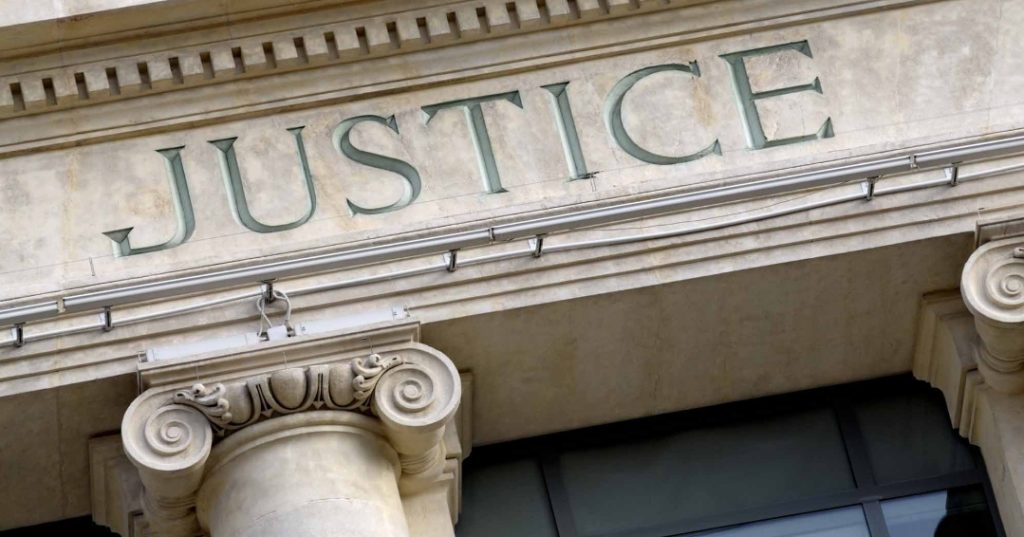
Author: Nicole Porter, N.A. PORTER & ASSOCIATES
Those proven to have been wrongfully convicted, either through post-conviction DNA testing, or otherwise, spend on average, more than 14 years behind bars. But the punishment often continues long after incarceration.
The agony of prison life and one’s complete loss of freedom are only compounded by feelings of what might have been; lingering thoughts of what they could have accomplished. Deprived for years of family and friends and the ability to establish oneself professionally… the nightmare certainly does not end upon release. I have written about these losses in great detail in other academic articles.
A lack of resources and community networking, combined with a criminal record, means the punishment lingers long after innocence has been proven.
There is a responsibility for our country (and all nations) to acknowledge and help restore the lives of these individuals. Despite their proven innocence, the difficulty of reintegrating into society is profound for the wrongfully convicted. Not that any amount of money can correct the conviction or the years spent in prison, but compensation allows governments to acknowledge their wrongdoing. A compensation package also helps to recognize the lost opportunities that come with spending significant time in prison. When governments fail to compensate, this adds insult to injury. In my opinion, society has an obligation to promptly provide compassionate assistance to the wrongfully convicted.
According to Canada’s Attorney General, in Canada, there is no legal entitlement to compensation for a wrongful conviction. Unless a wrongfully convicted person can establish a civil cause of action, such as a claim in tort for malicious prosecution, negligent investigation, prosecutorial misconduct, or false imprisonment, or perhaps a claim for breach of rights protected under the Charter, he/she has no remedy for the wrongful conviction.
However, Canada is a party to the United Nations International Covenant on Civil and Political Rights. Article 14(6) of the Covenant provides for compensation for the victim of a miscarriage of justice. According to this section of the Covenant: “When a person has, by a final decision, been convicted of a criminal offence and when subsequently his conviction has been reversed or he has been pardoned on the ground that a new or newly discovered fact shows conclusively that there has been a miscarriage of justice, the person who has suffered punishment as a result of such conviction shall be compensated according to law, unless it is proved that the non-disclosure of the unknown fact in time is wholly or partly attributable to him.”
The Federal/Provincial Guidelines on Compensation for Wrongfully Convicted and Imprisoned Persons, adopted by the Federal, Provincial and Territorial Justice Ministers in 1988 and referenced below for you, as electronic guidelines, are intended mainly to implement Canada’s international obligations.
Therefore, guidelines for compensation are often blurred, so determining how a wrongfully convicted person receives any sort of compensation is often left up to provincial governments and Ministers of Justice.
Let’s consider Mr. Glen Assoun, who says he’s fearful he’ll die before governments offer him compensation for almost 17 years of wrongful imprisonment “that have left him with a weak heart and fragile health”.
Assoun was imprisoned for almost 17 years. He then lived under strict parole conditions for nearly five more before a Nova Scotia Supreme Court ruling in March 2019 reversed his 1999 conviction for the murder of Brenda Way in Halifax.
Assoun’s lawyer, Philip Campbell, said publicly that he believes government negotiators are delaying a reasonable settlement. Sean MacDonald, another of Assoun’s lawyers, says “three levels of government could be involved with compensating Assoun—federal, provincial and the City of Halifax” — but he believes the prime minister’s direct involvement is key to a swift resolution because Ottawa has greater resources.
A spokesman for Nova Scotia Premier Stephen McNeil notes Ottawa and the province shared the cost of an undisclosed initial payment to Assoun, but that further “negotiations continue”.
David Milgaard, who was wrongfully convicted for the rape and murder of nursing assistant Gail Miller in Saskatoon and spent 23 years in prison, said in an earlier CTV interview, “the key to quick compensation for Assoun is direct involvement by the prime minister”. Milgaard himself, was exonerated. A public inquiry was held into his case, and he went on to receive $10 million in compensation. According to Milgaard, his own case was resolved in part through direct aid from then-prime minister Brian Mulroney, who met with his mother and was supportive of Milgaard’s bid for a retrial.
For many, compensation would be a tangible sign of governments admitting their wrongdoing and would further recognize the lost opportunities that result from spending much of a person’s life in prison. In my opinion, the wrongfully convicted have already lost so much; essentially spending years suffering in prison for crimes they didn’t commit. And to have already suffered so immensely, there should not in my opinion, be so many political and/or judicial barriers; the exonerated should not have to fight for compensation. There should be a more accessible system in place that allows for the fair and efficient access to funds.
Resources
CTV.ca
https://www.attorneygeneral.jus.gov.on.ca/english/about/pubs/truscott/section5.php#:~:text=In%20Canada%2C%20there%20is%20no,compensation%20for%20a%20wrongful%20conviction.
https://www.justice.gouv.qc.ca/en/programs-and-services/programs/compensation-for-wrongfully-convicted-and-imprisoned-persons/
https://globalnews-ca.cdn.ampproject.org/v/s/globalnews.ca/news/5222475/canadas-wrongfully-convicted-achieving-justice/amp/?amp_js_v=a6&_gsa=1&usqp=mq331AQHKAFQArABIA%3D%3D#aoh=16066616634956&referrer=https%3A%2F%2Fwww.google.com&_tf=From%20%251%24s